Climate Smart Agriculture forWomen Empowerment
CSAWE empowers women through sustainable agriculture, addressing three key Sustainable Development Goals (SDGs):
- SDG 1: No Poverty – Providing women with climate-resilient farming skills and income opportunities to reduce poverty.
- SDG 2: Zero Hunger – Enhancing food security through sustainable urban agriculture and local food production.
- SDG 11: Sustainable Cities and Communities – Promoting greener cities by integrating urban farming and community-driven development.
Introduction
Learn more about our project from the menus below.
Global food production currently has the capacity to sustain the entire global population, yet pockets of food crises persist in various regions. While strides have been made in alleviating hunger across most subregions in Asia and Latin America, the prevalence of hunger continues to escalate in Western Asia, the Caribbean, and all subregions of Africa (FAO, 2023).
The food insecurity prevalent in Africa stems from a myriad of factors, including deficiencies in food production, economic challenges, and localized issues such as conflicts. In Kenya, for instance, severe shortfalls in food production and distribution persist due to a combination of natural disasters, conflict, and supply chain disruptions, exacerbating food insecurity (World Bank, 2024).
Addressing these challenges, CSAWE (Climate Smart Agriculture for Women Empowerment) aims to confront the urgent issue of food security through urban agriculture. Despite comprising 43% of the global agricultural labor force, women often lack decision-making authority, leading to restricted access to essential resources and support services.
Empowering women entails granting them greater access to land ownership, participation in rural organizations, credit facilities, agricultural inputs and technology, training programs, extension services, and marketing opportunities, ultimately bolstering productivity.
Urban agriculture, defined as the cultivation, processing, and distribution of diverse food and non-food products within or on the periphery of urban areas, serves as a potent strategy for combating hunger, poverty, and improving livelihoods.
CSAWE’s approach involves establishing a resilient food system centered on urban agriculture, incorporating cone gardens, black soldier fly (BSF) production, and vermicomposting to promote a circular food production system. This initiative also offers comprehensive theoretical and practical courses, where each module is intricately interconnected and mutually reinforcing, fostering holistic learning and sustainable agricultural practices.
Framework
CSAWE embodies a vision of sustainable growth, empowering women to lead resilient food systemsthat harmonize environmental responsibility, economic viability, and community-driven development.
These components are intricately interconnected, forming a cohesive framework that amplifies their collective impact:
Cone gardens serve as the foundation of the system, providing a versatile platform for cultivating a diverse range of crops in urban environments. By utilizing vertical space efficiently, cone gardens optimize land use while maximizing yield.
BSF production complements cone gardens by converting organic waste into high-quality protein-rich feed for livestock or aquaculture. This symbiotic relationship reduces waste, enhances nutrient cycling, and boosts overall productivity within the urban agricultural system.
Vermicomposting further enriches the soil and enhances plant health by recycling organic matter into nutrient-rich compost. The resulting compost nourishes crops grown in cone gardens, fostering robust growth and improving overall resilience to environmental stressors.
Rainwater collection systems play a crucial role in sustaining the entire system by harvesting and storing precipitation for irrigation purposes. This efficient water management strategy conserves resources and mitigates the impact of droughts, ensuring consistent yields even in arid urban environments.
Project Timeline
First meeting: Hillary (HOFOGI gardener) Emilly & Irmak
Conceptualisation of the fundamentals of CSAWE, applications for funding,
Funding acquired from ZHAW Sustainable
Writing the Urban Agriculture / Train the trainers course syllabus
CSAWE extended team formation with external advisors in respective fields
Cone garden planning: first draft from Emilly
Gathering garden materials
Fencing the garden
Applications for further funding,
Funding acquired from Mary’s Mercy Foundation
CSAWE operational team gathering
Visit to Farming Wonder
(Education on how to build the cones)
Online Regenerative Agriculture input, Installation of the cone gardens at HOFOGI garden
Agroforestry Input, established cones
First Harvest
In person meeting & BSF (black soldier fly) Introduction course
CSAWE Manual preparation
Sponsors & Collaborations
The sustainable impact program has granted funding for the project kickoff, ensuring a strong start. The following link is an interview by Fabienne Kirsch: Link
Mary’s Mercy Foundation, Rapperswil - Jona
The foundation has granted funding in creating a framework where conditions can be created so that local women have the opportunity to complete training and are able to earn an independent income for themselves and their families in the future.
Hope for Girls Association, Migori County Kenya
Between October 2023 and August 2024, CSAWE partnered with Hope for Girls (HOFOGI), a non-profit in Migori County, Kenya, dedicated to empowering underprivileged women aged 17 to 25 through life skills training. CSAWE provided its Urban Agriculture: Cone Gardens module on HOFOGI's site, transforming their space into a hands-on training center. The pilot project equipped four trainees, including HOFOGI’s gardener, with practical skills in creating and maintaining resilient food systems while improving access to organic, nutritious food.
Get in Touch
The average response time is two working days.
“CSAWE’s urban agriculture training on cone gardens helped me build on my knowledge as an agronomist, giving me practical tools and new perspectives to support my community in growing food sustainably.”
Davine Ondede
CSAWE Trainer, MSc in Food Security and Sustainable Agriculture
info@csawe.org
Our Location
Zürcherstrasse 44, 8640 St Gallen
Homa Bay County, Kenya
Phone
+41 (0) 76 596 37 52
+254 743 501 209
Quick Links

Copyright © 2026 CSAWE. All rights reserved.


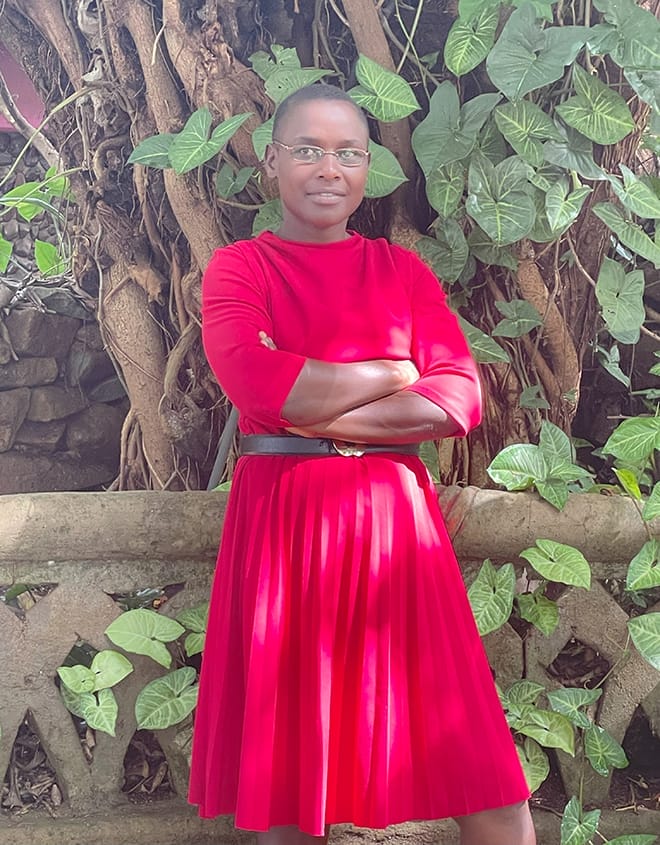


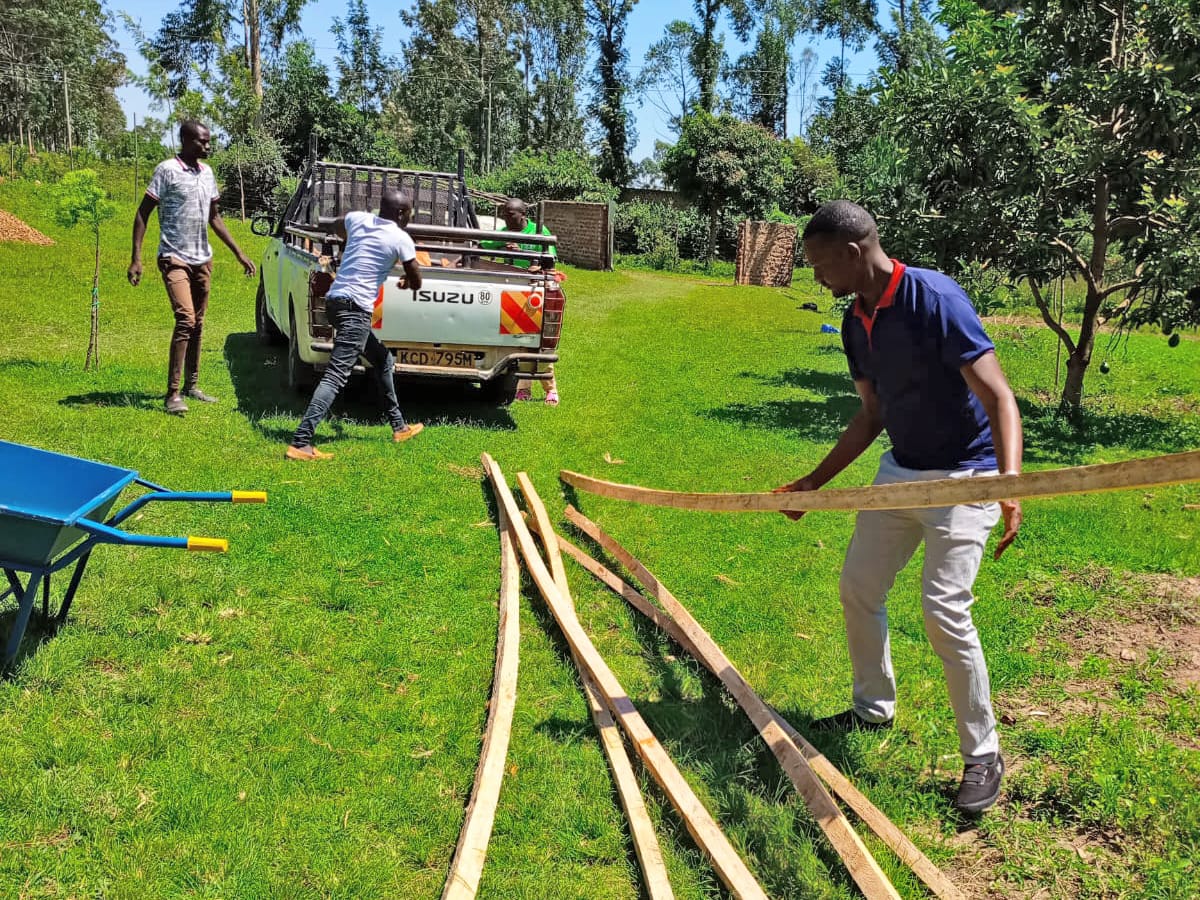
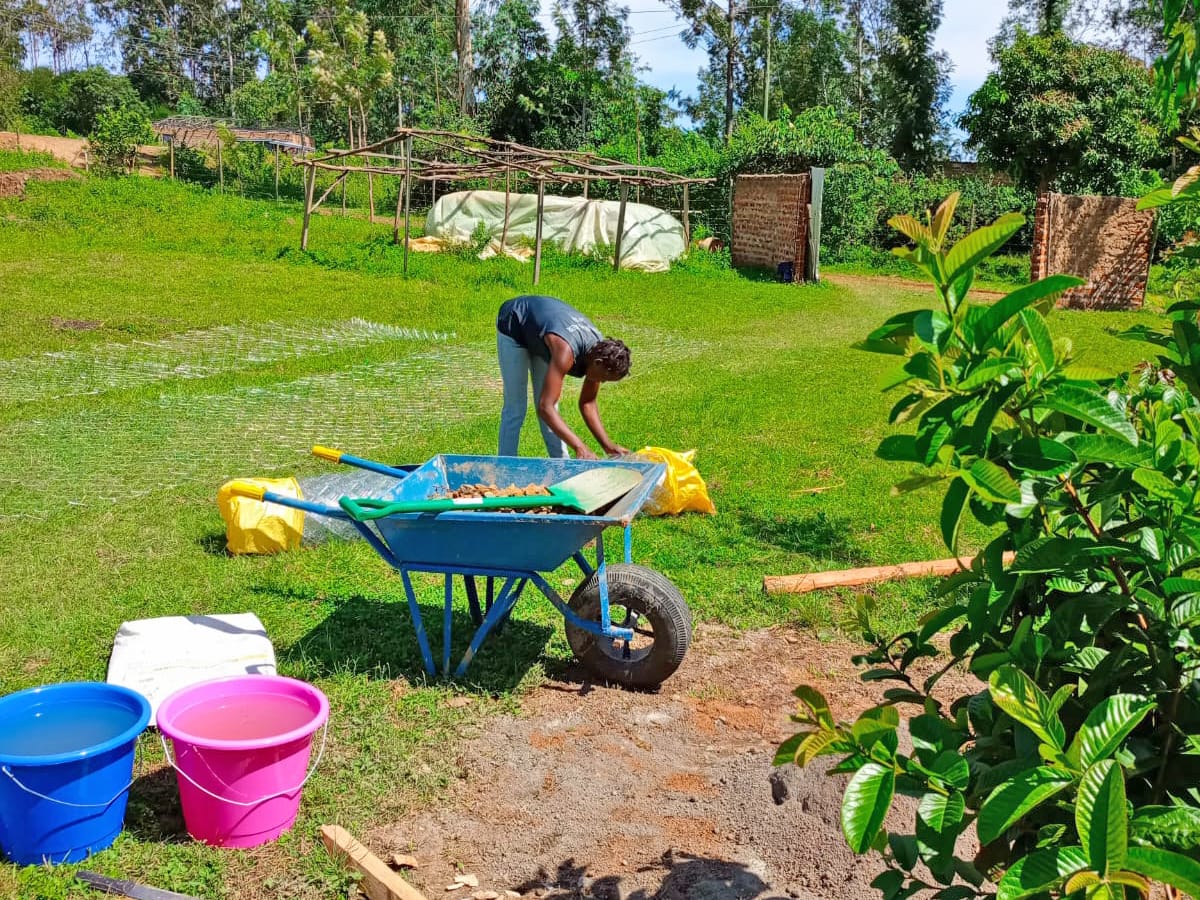
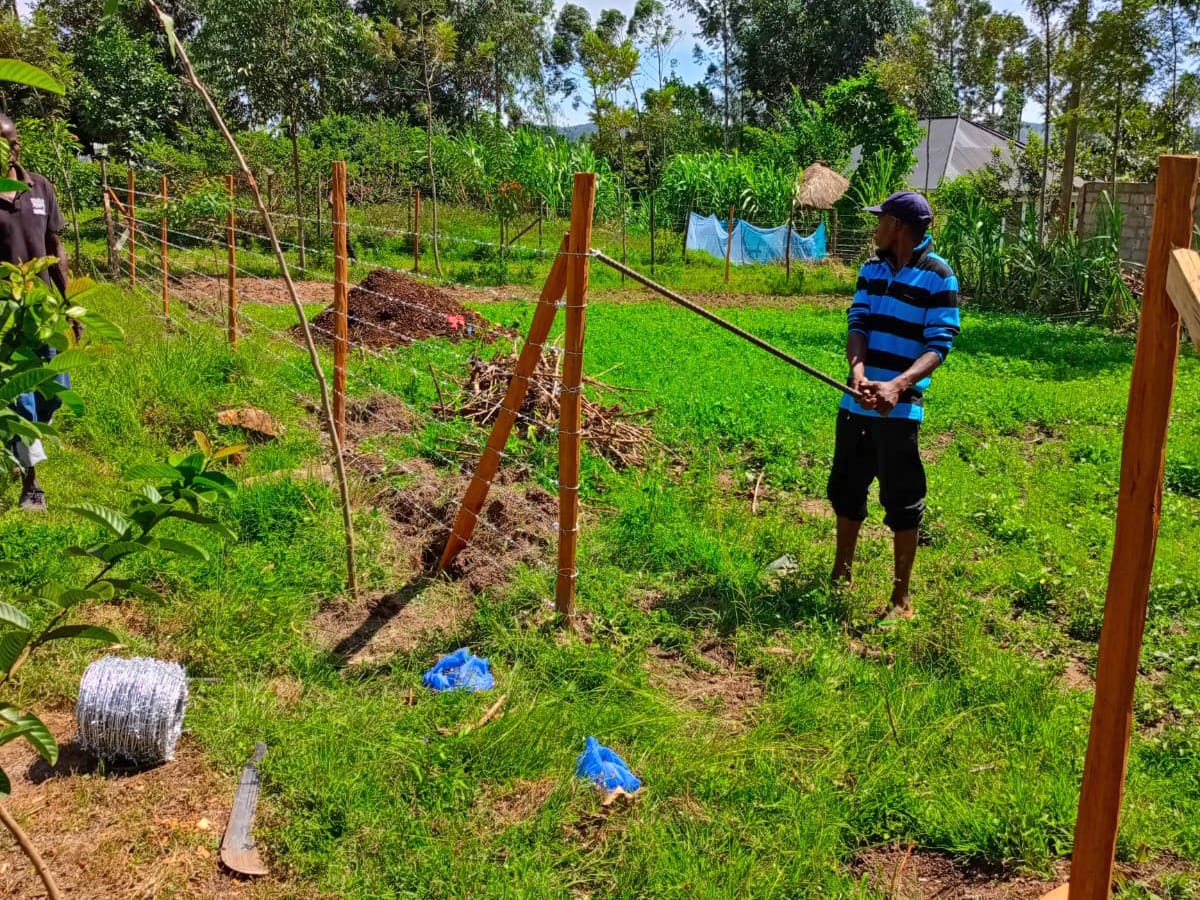
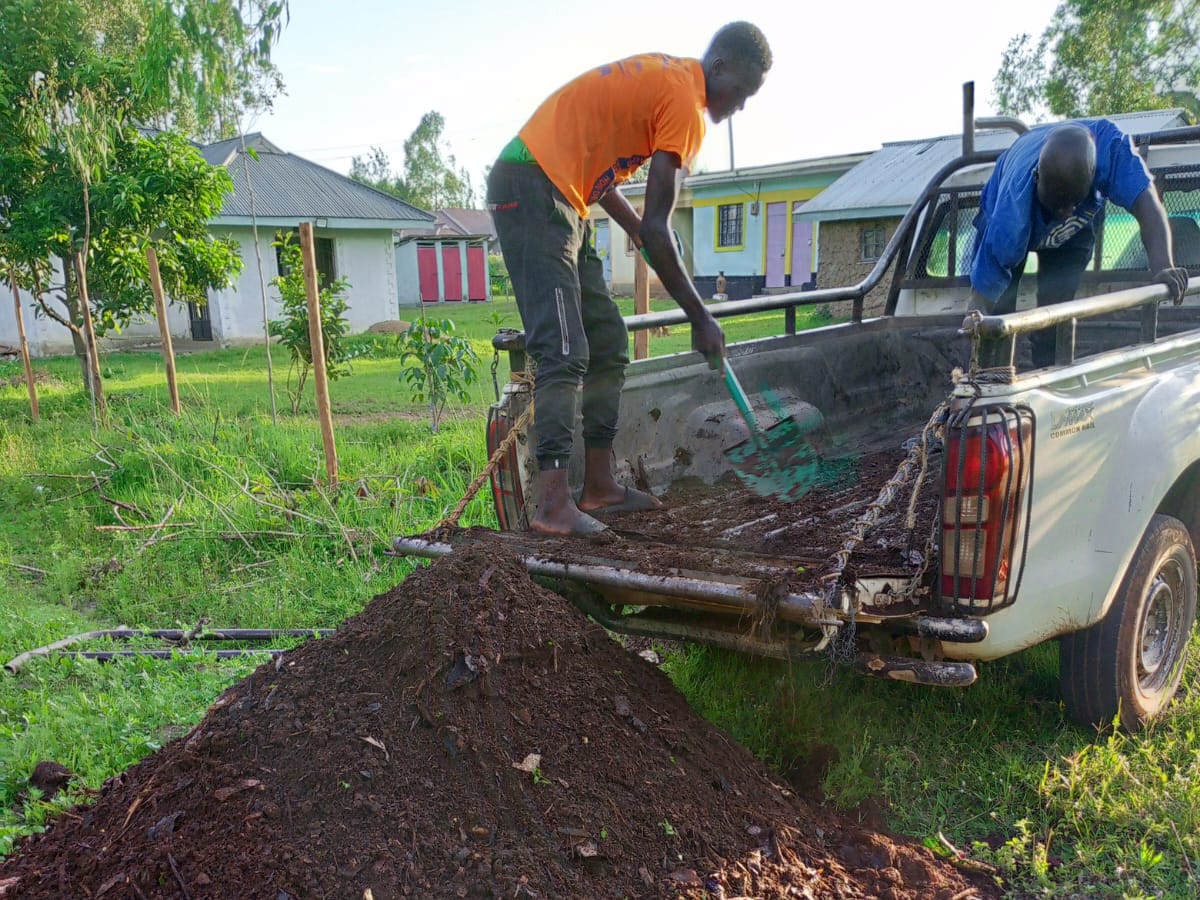
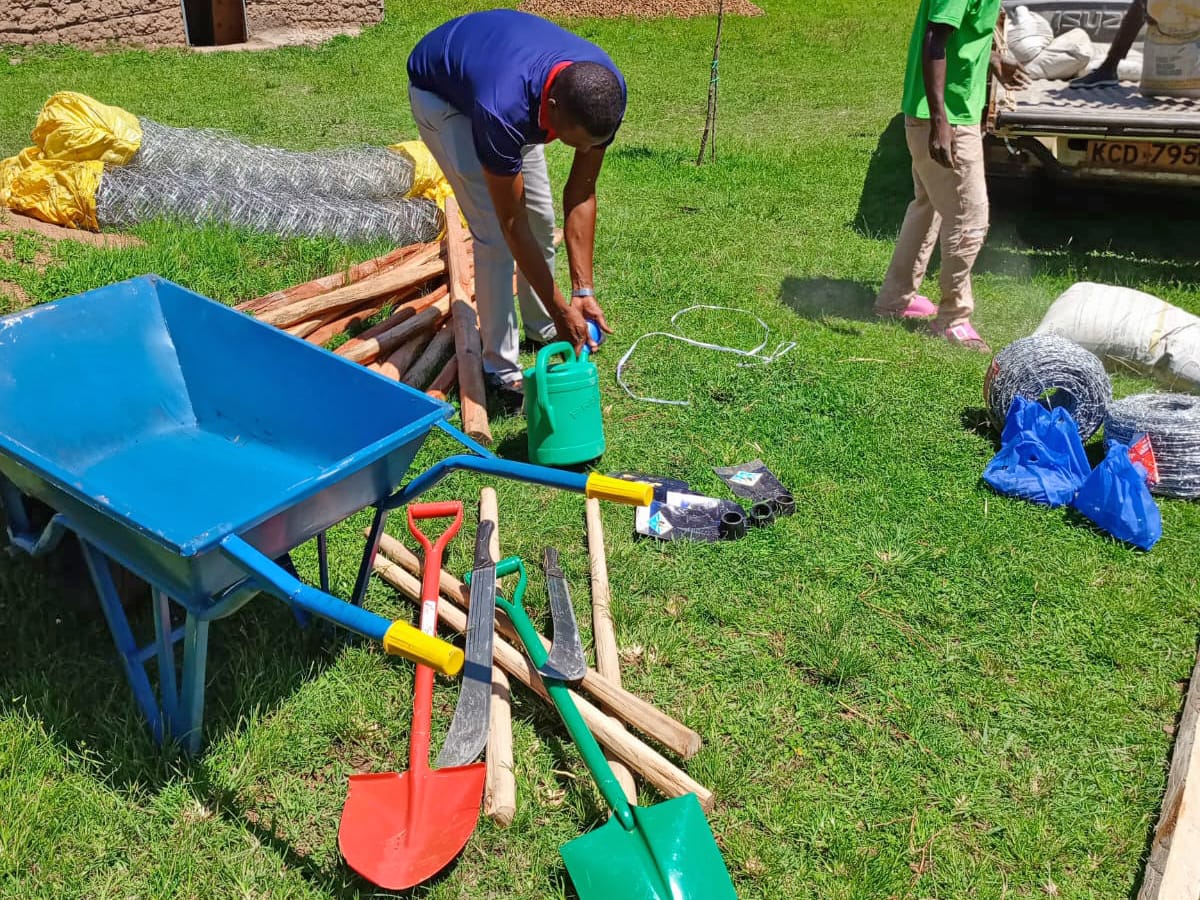
























ZHAW Sustainable